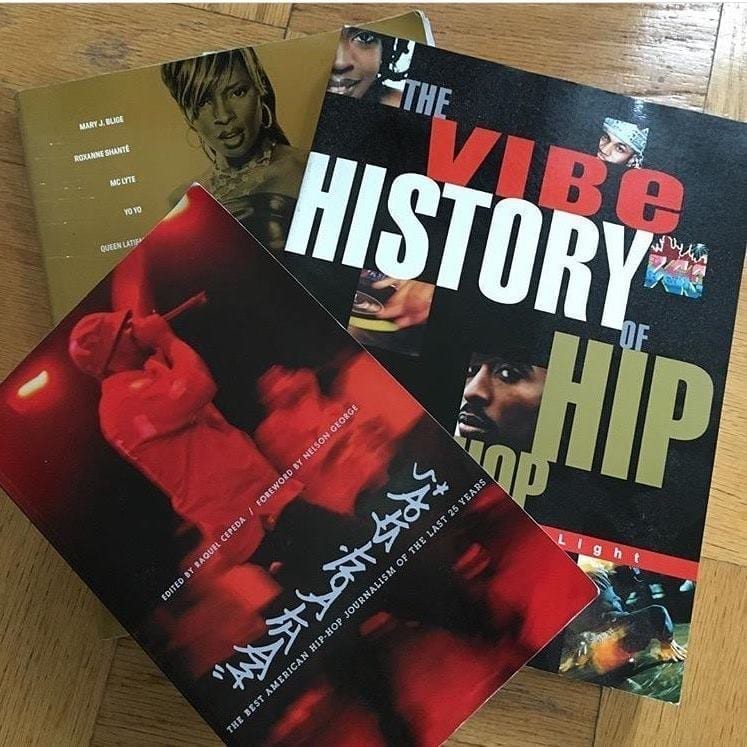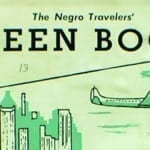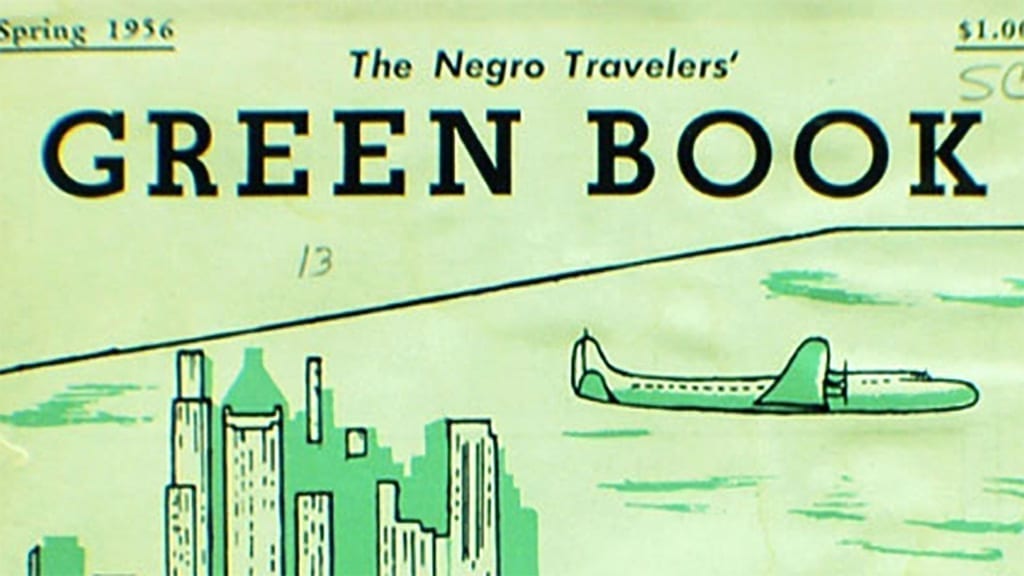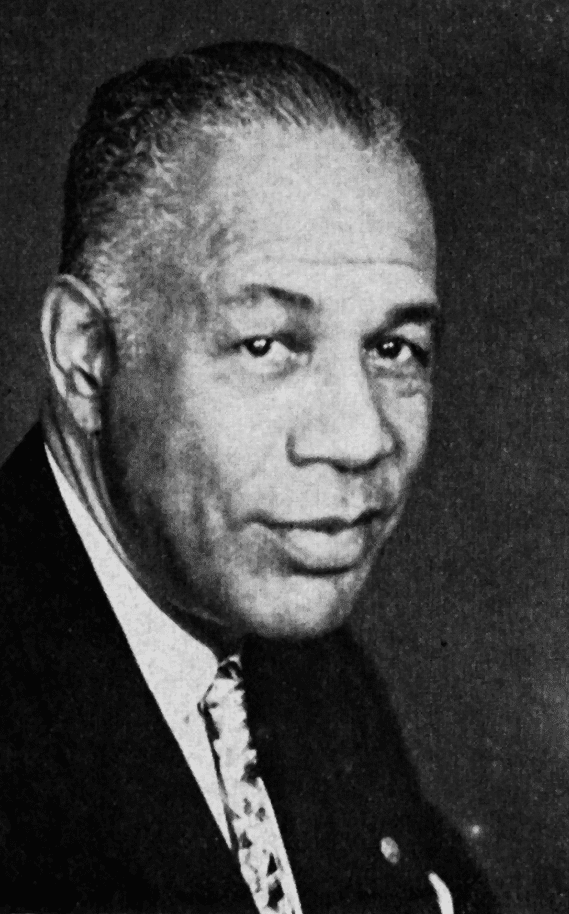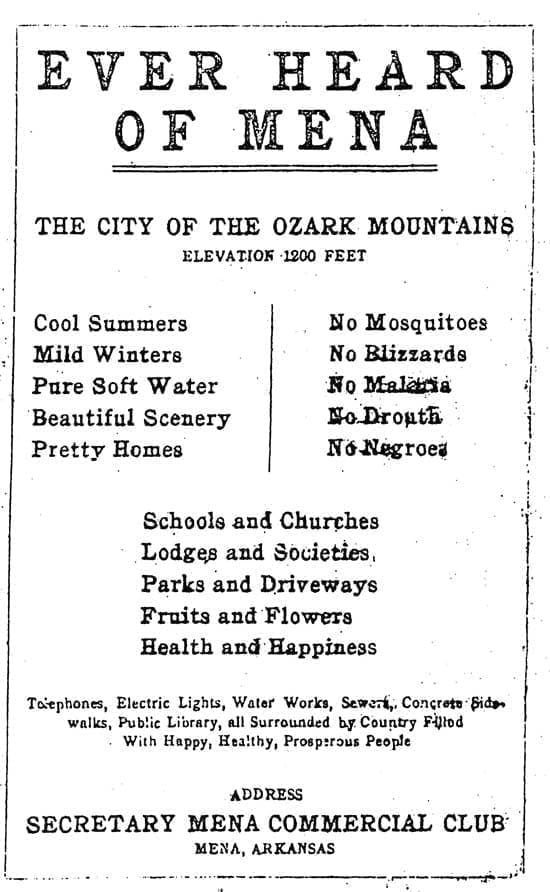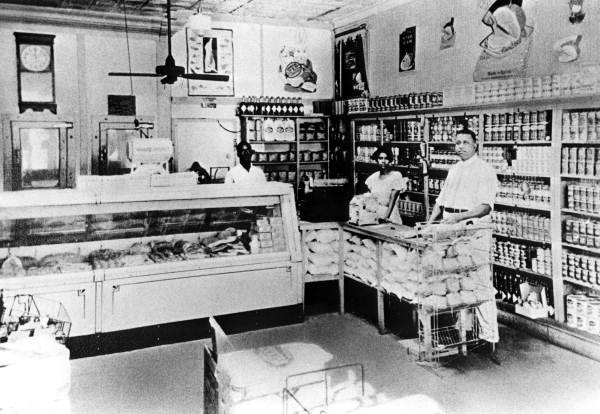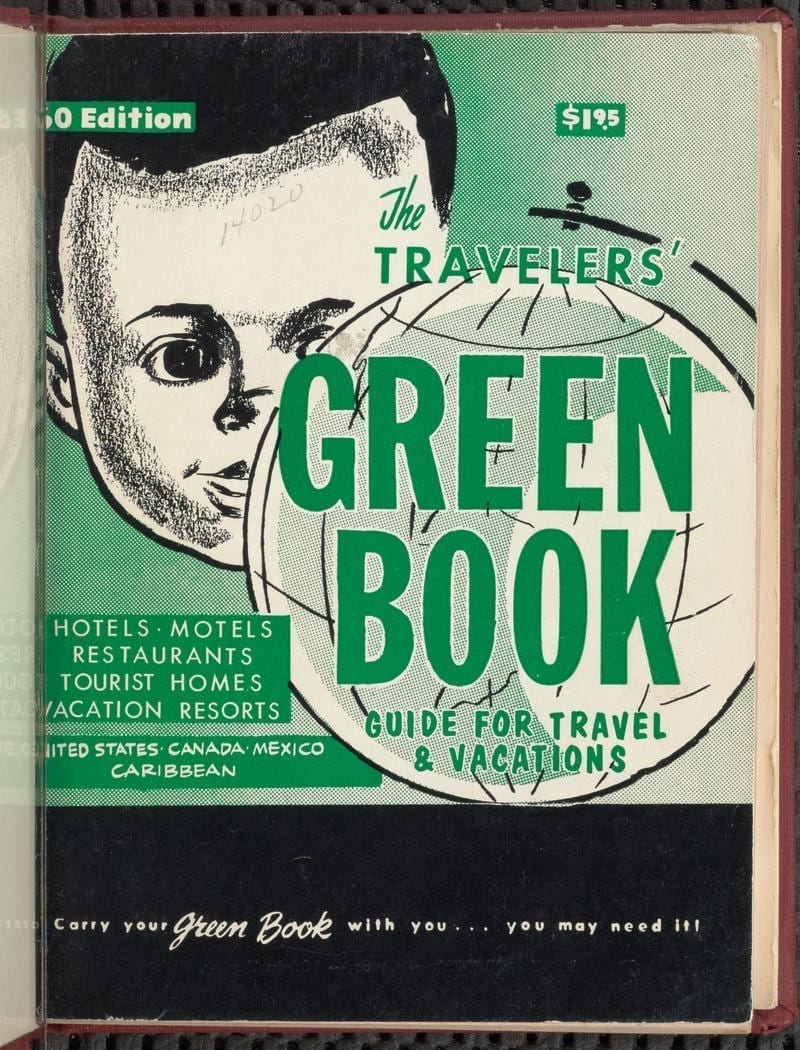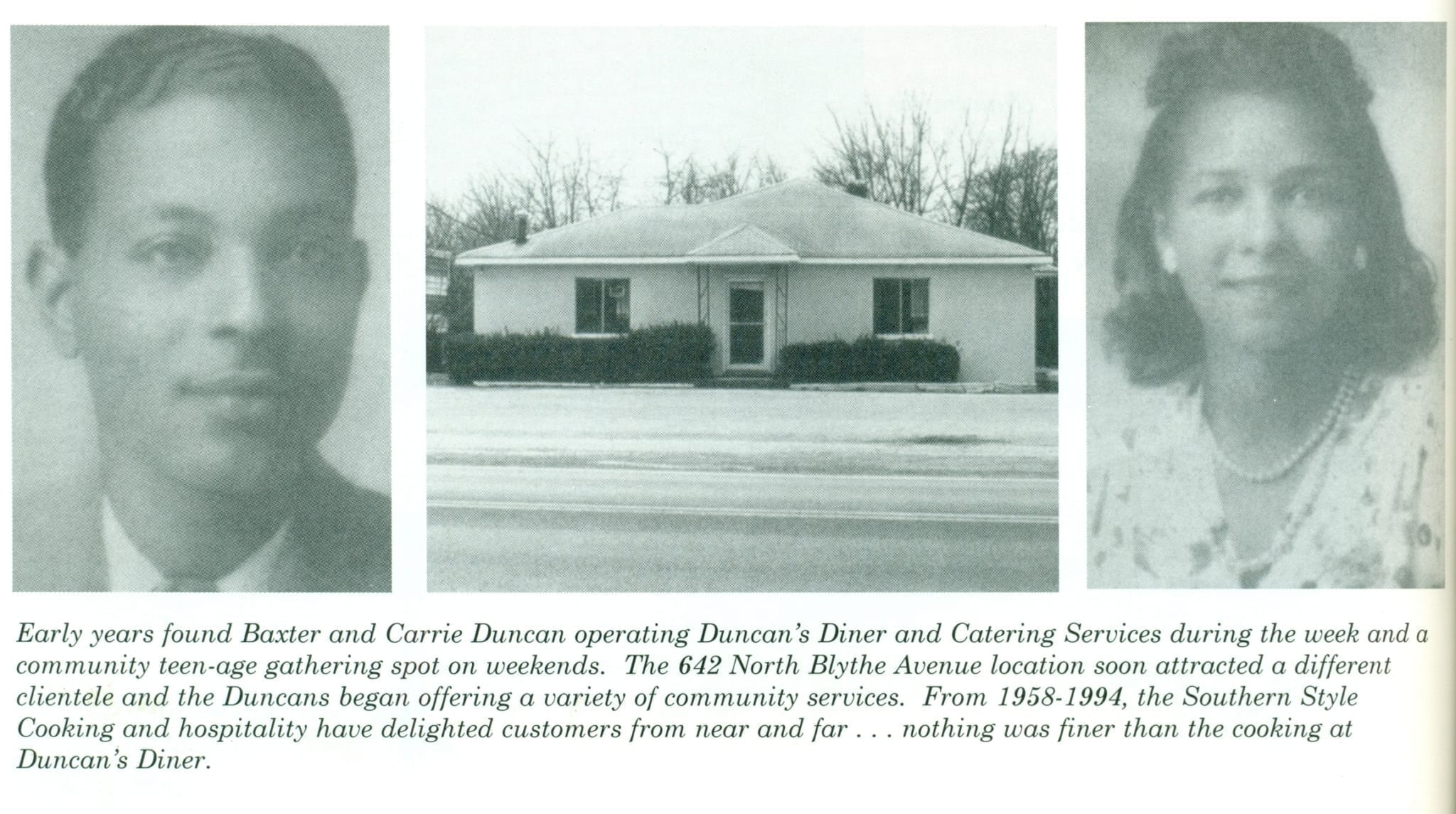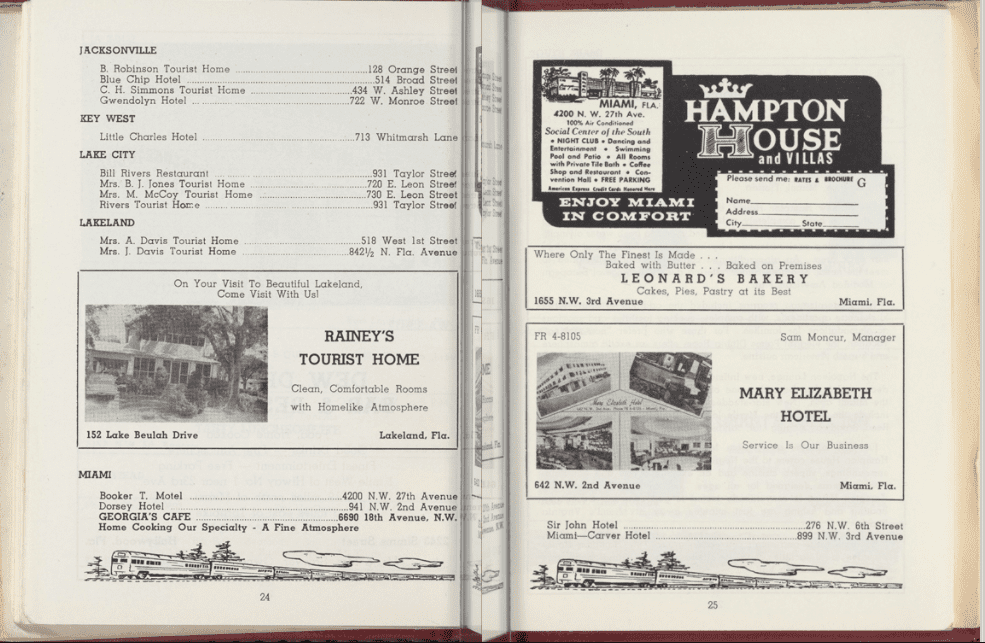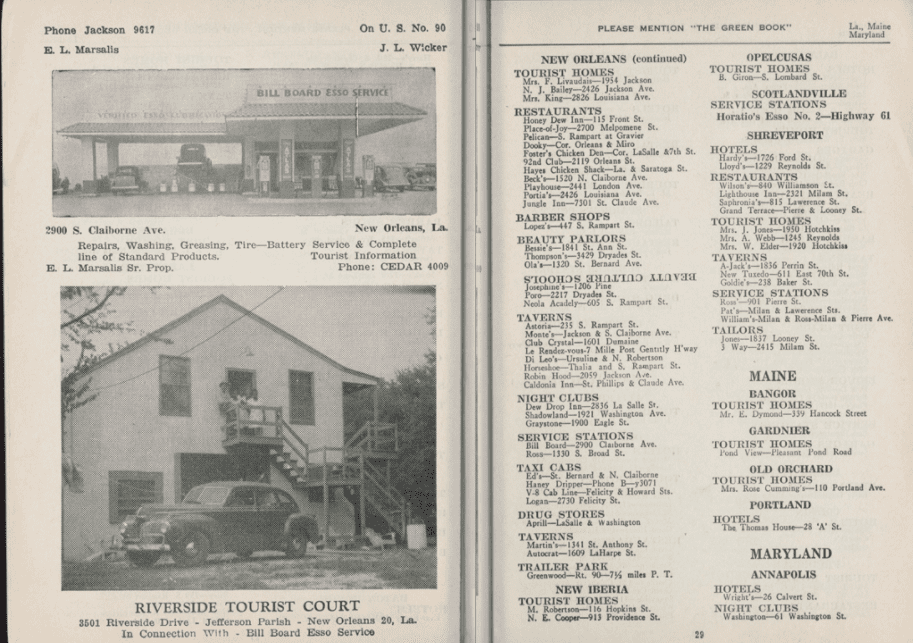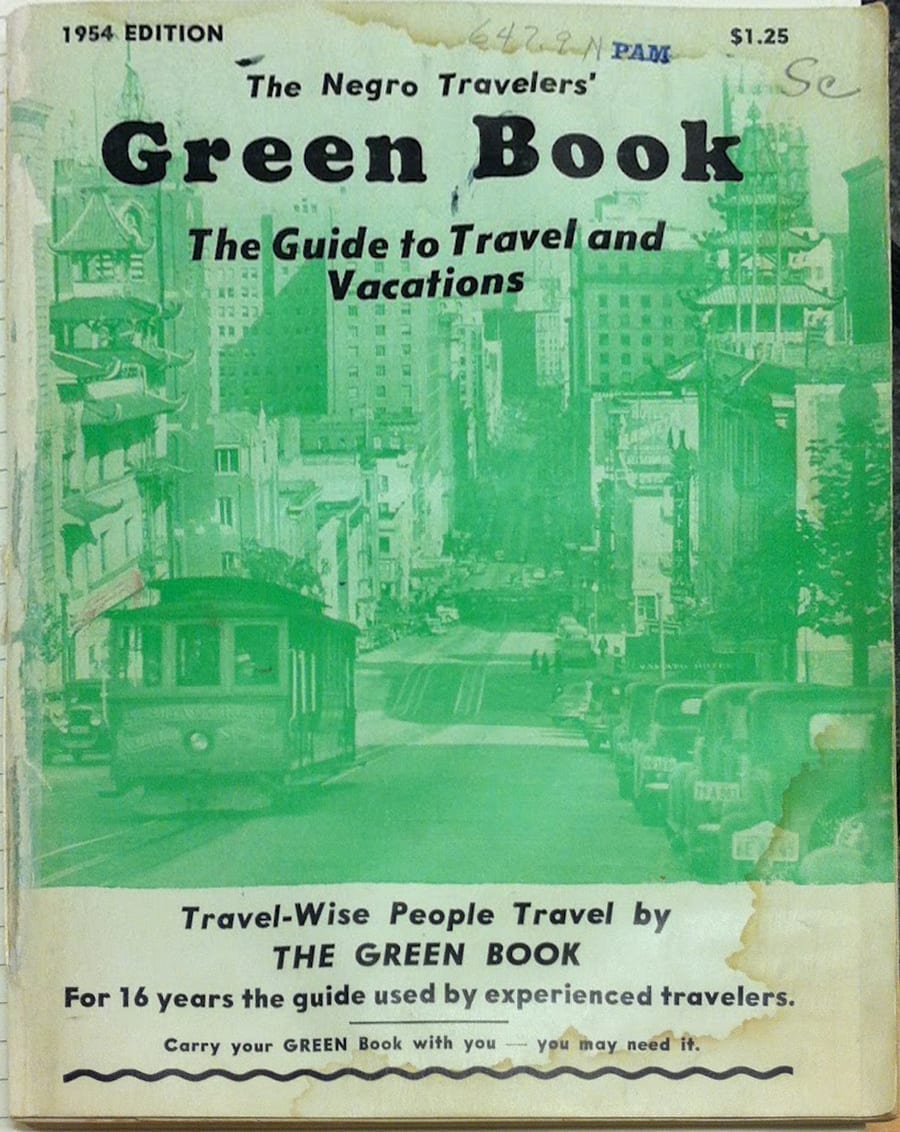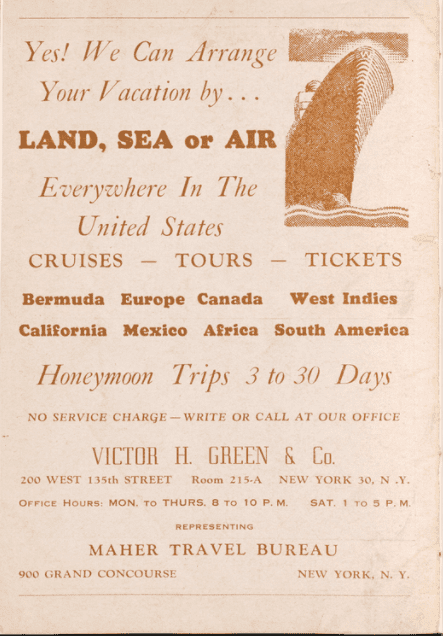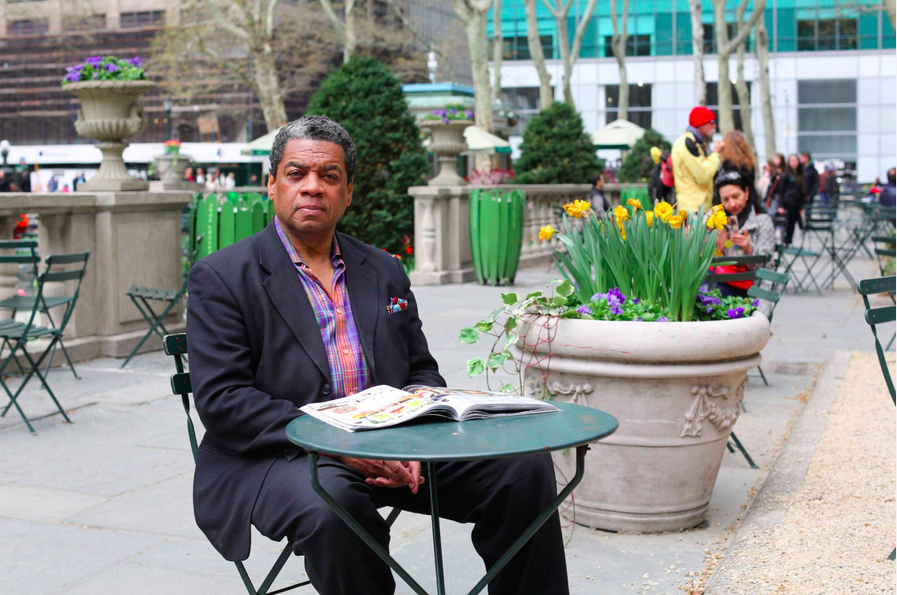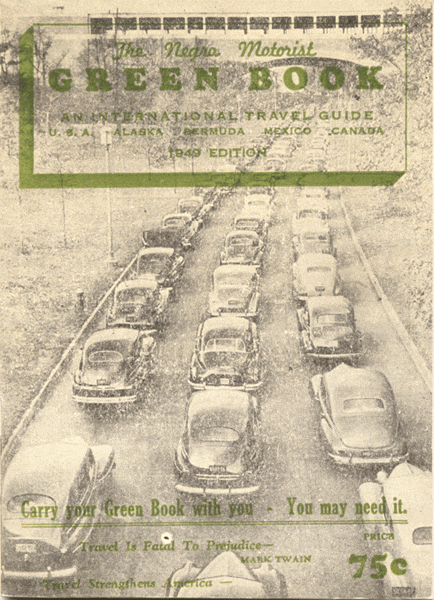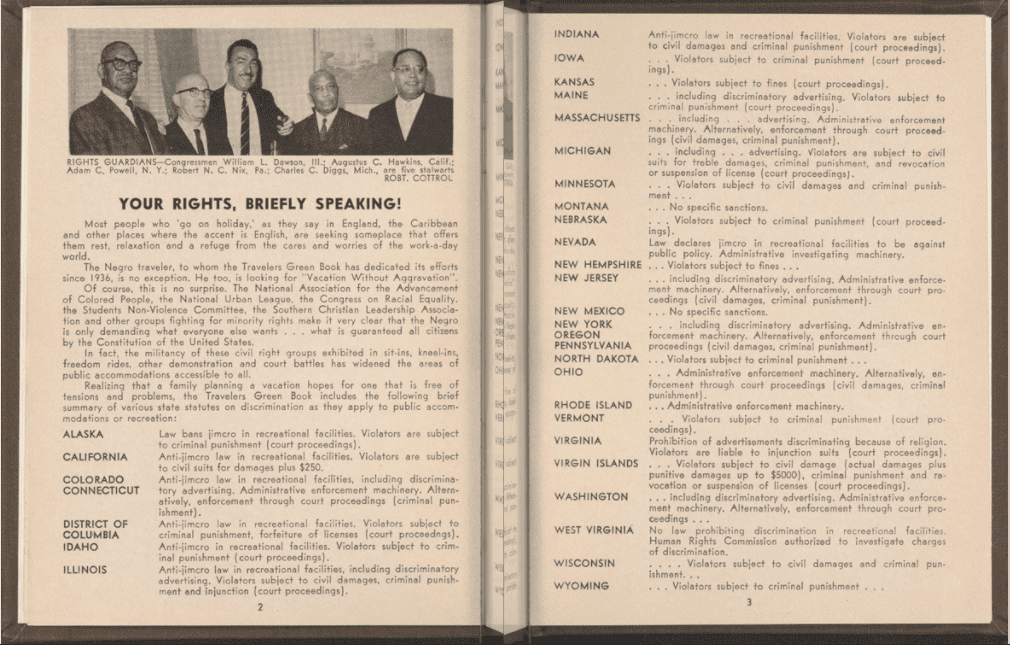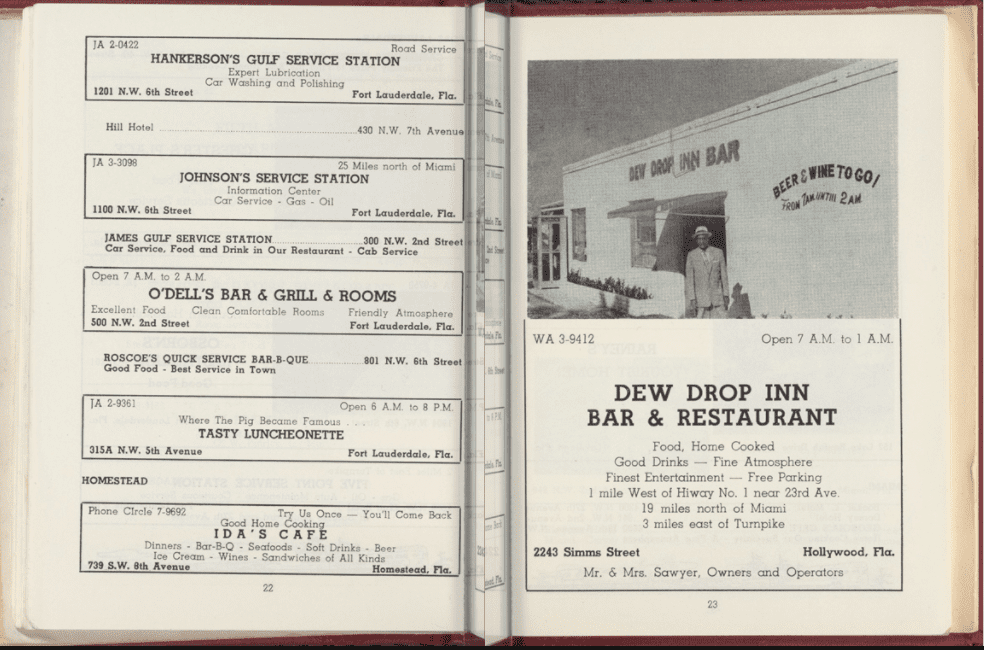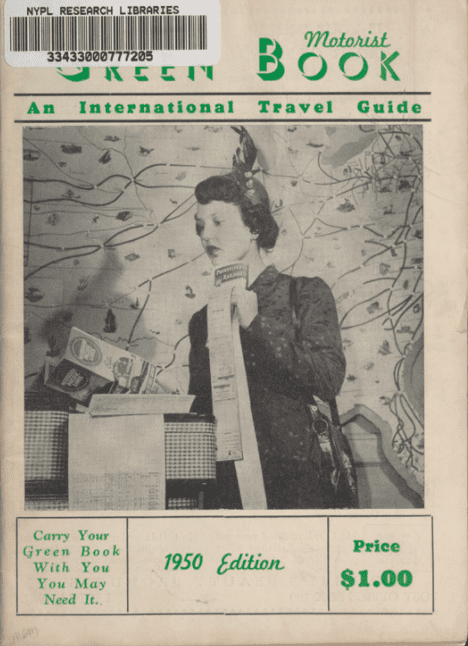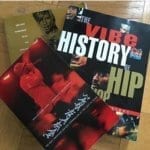The birth of the hip hop industry can be traced back to the insights and lenses of journalists whose names you may or may not know. But, who tells the story of these journalist who are telling everyone else’s story?
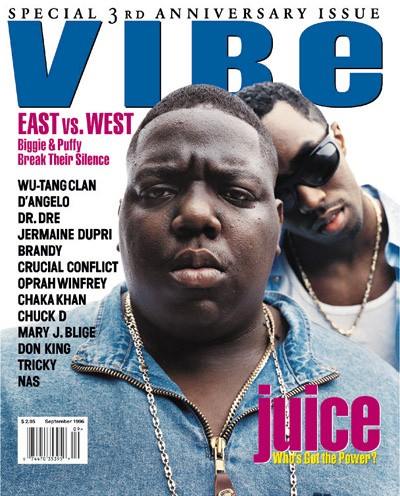
The documentary, Write On! The Legend of Hip-Hop’s Ink Slingers does. We caught up with Syreeta Gates, the director of the project to learn more.

SB: What makes this documentary different from any other documentary about hip-hop?
SG: In hip-hop history there has yet to be a standalone documentary or docu-series about the journalists that have played a major role in hip-hop culture.
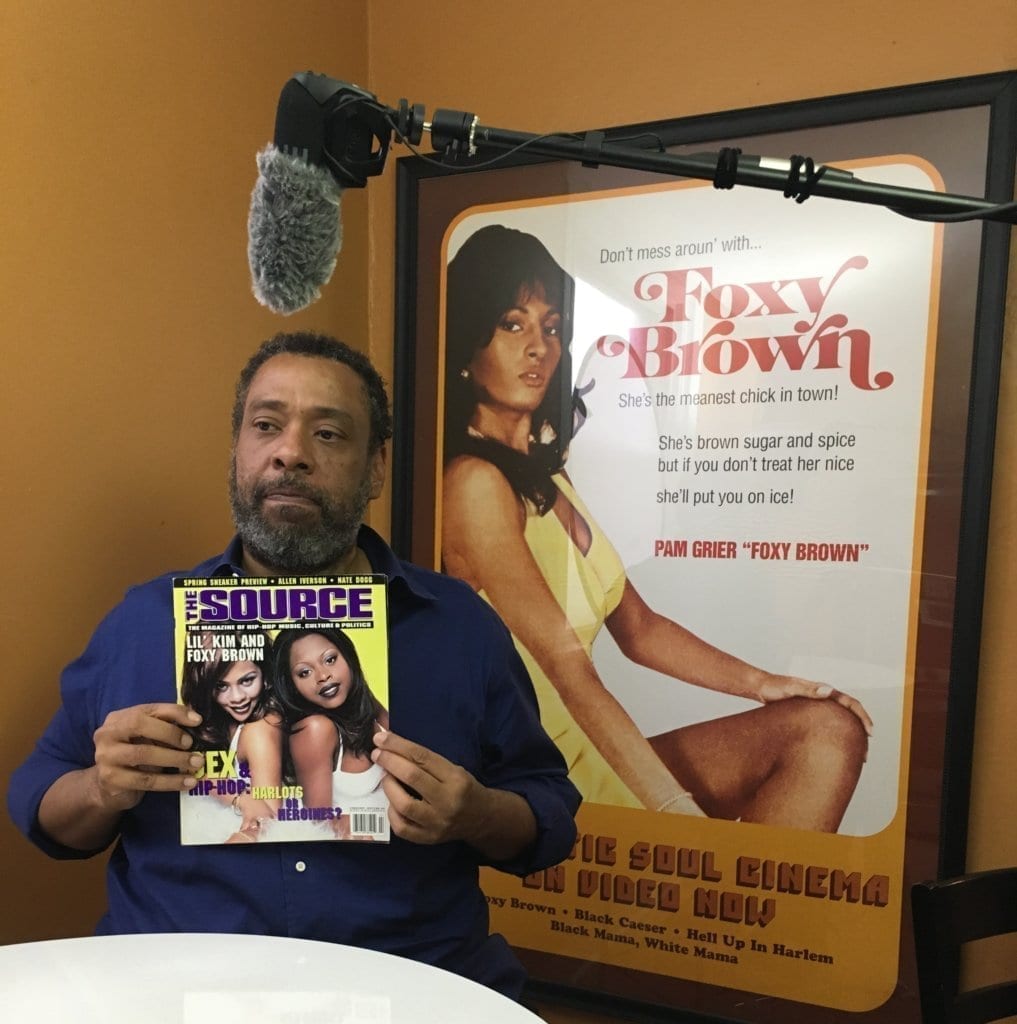
If it weren’t for these journalists, what we think and know about hip-hop music and its legends would probably not exist.
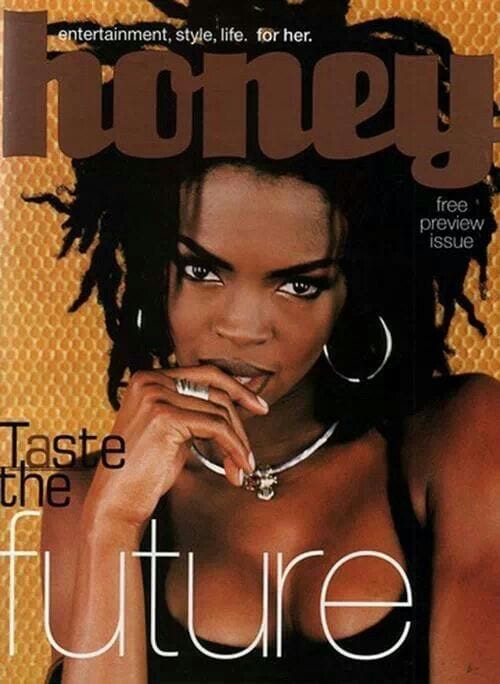
Imagine what entertainment would be like if during the 80s and 90s, when people didn’t think hip-hop was going to last and there was no internet, these people didn’t stop to use their own pens and pads to document history.
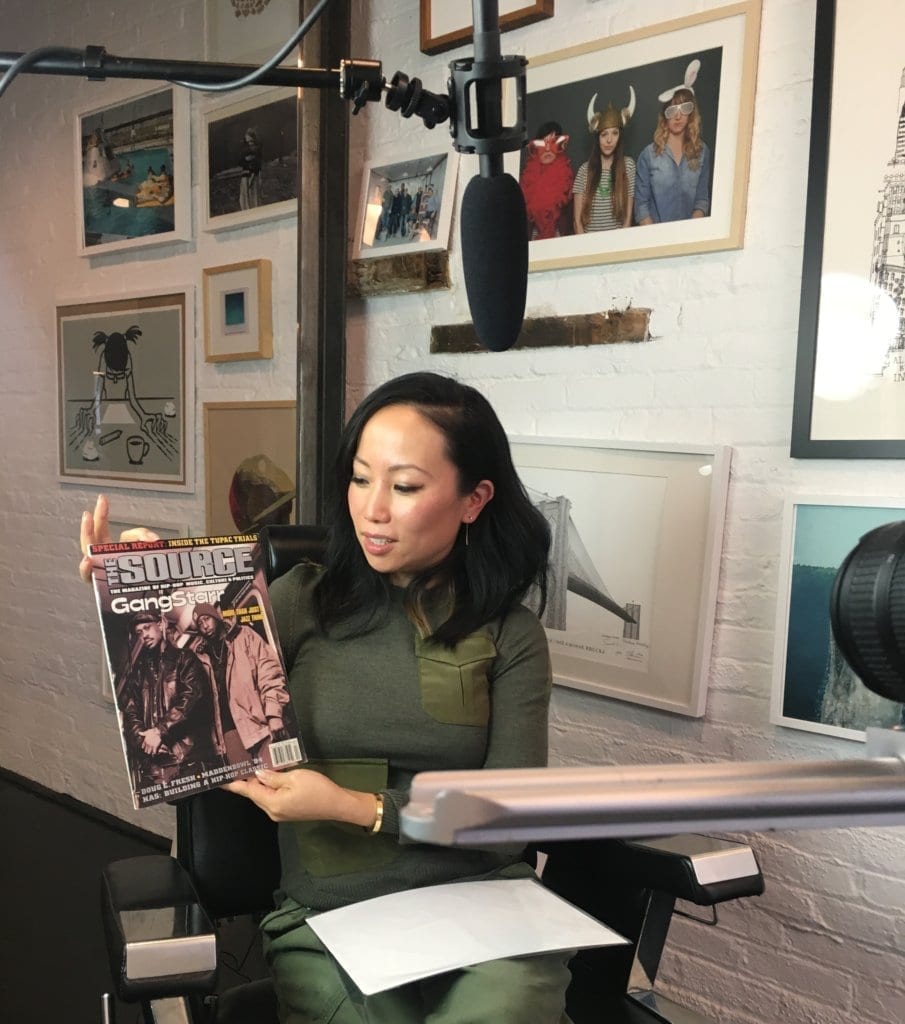
Many of the artists we know and love got record deals because of reviews these wordsmiths penned in the pages of magazines.
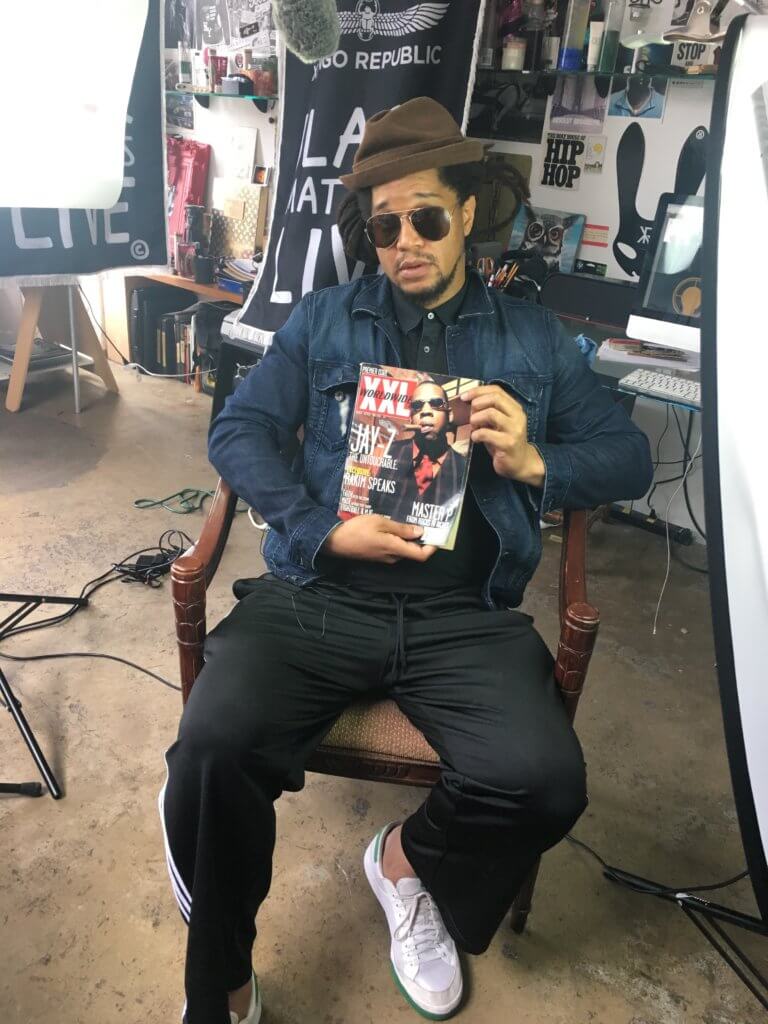
And these storytellers and cultural historians are the reasons classic albums and artists were crowned in the first place. It’s about damn time we pay homage and acknowledge their hard work and role in shaping the culture.
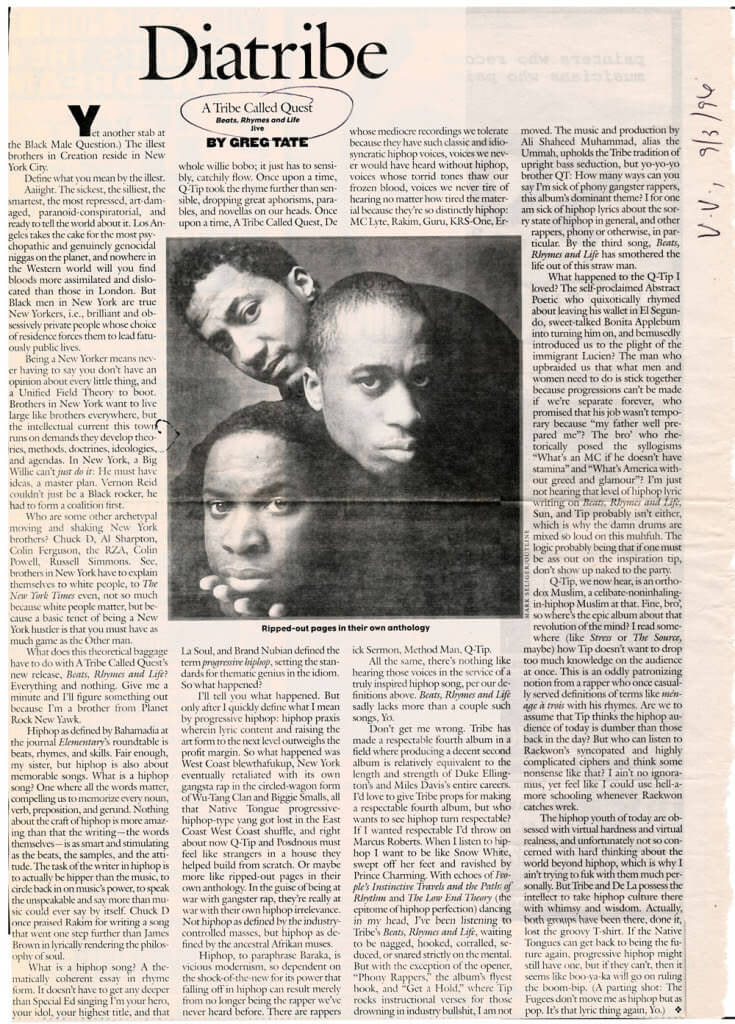
SB: Why is it important to know the journalists’ side of hip-hop history?
SG: Because first and foremost a lot of these journalists were there. They were in the room when greats were discovered, records were cut, deals were signed and history was made.
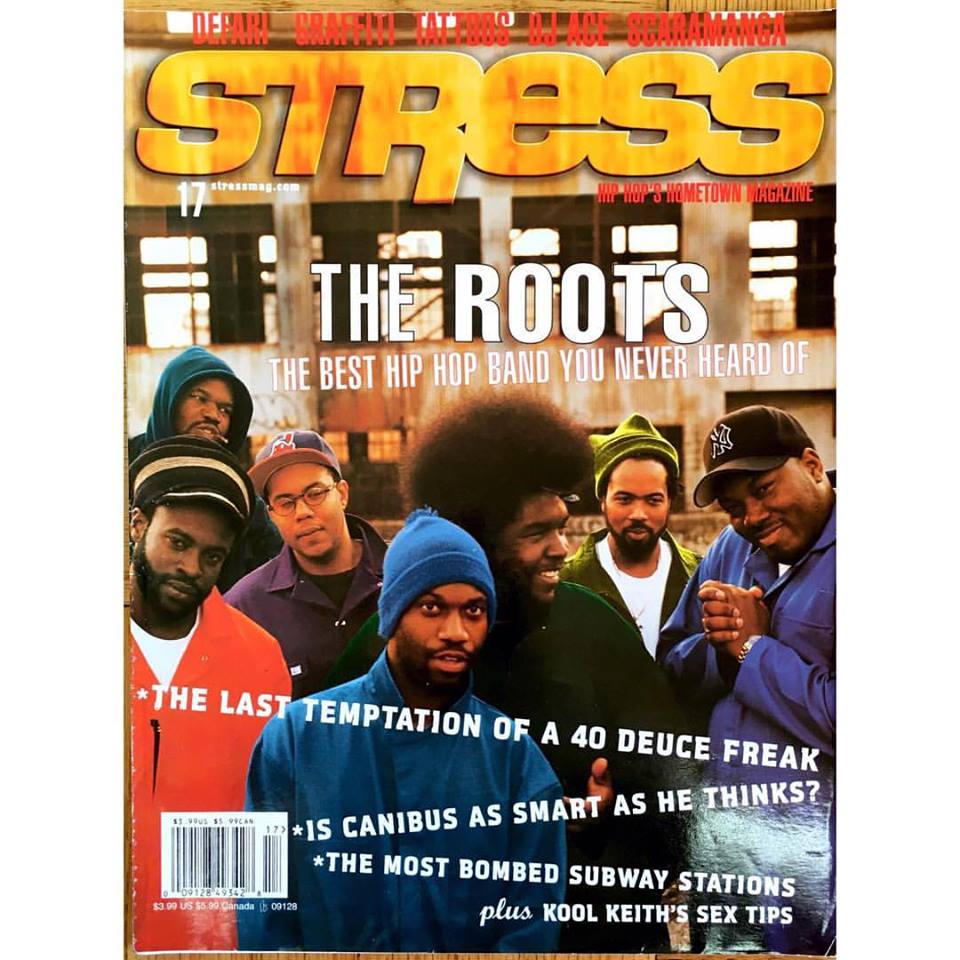
It’s also important to hear from them because there are always two sides to every story. For two long the story has been one-sided, told from the view of the artist.
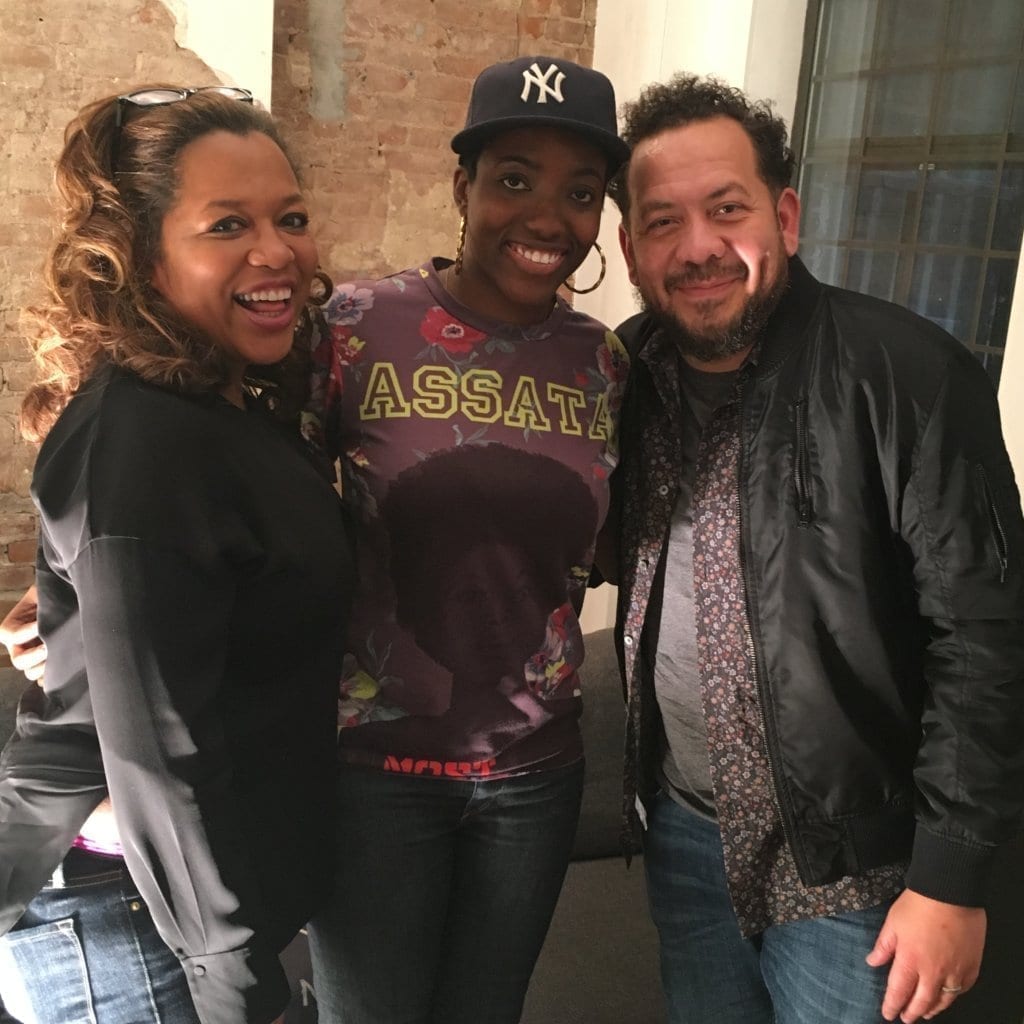
But what about the people who were there to document their lives and journey? What did hip-hop history look like from their point of view?

Their stories have gone untold for too long, and when you were the go-to for facts decades before Google, your story automatically needs to be told.
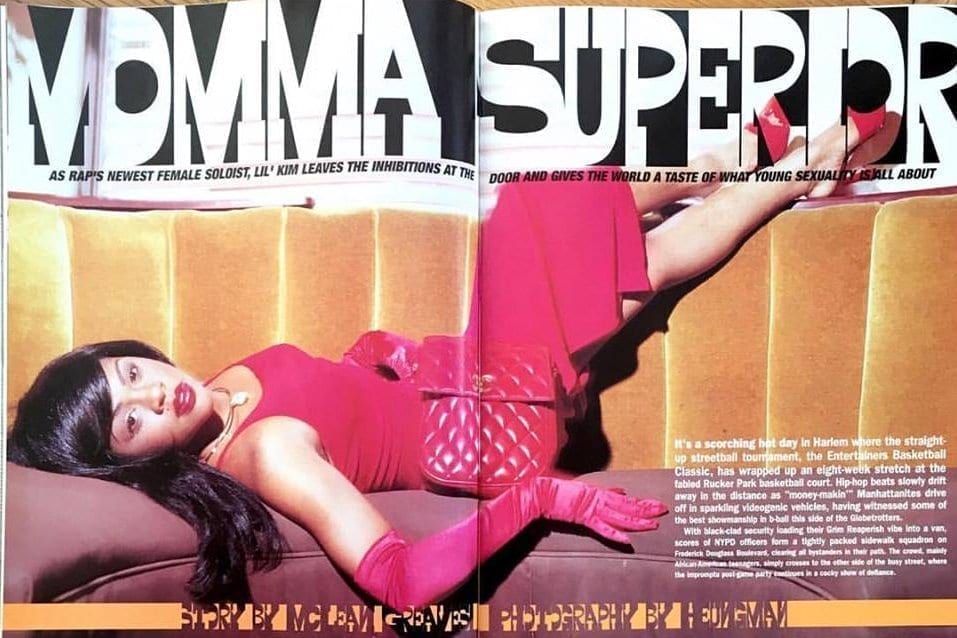
SB: Why are you crowdfunding this project?
SG: I’m crowdfunding this project because similar to Hip-Hop we all we got. It’s like when Jay-Z went to Def Jam with $100,000 on the table to secure the bag, we’ve done as much as we can do at this point and need to partner with the people to make it happen.
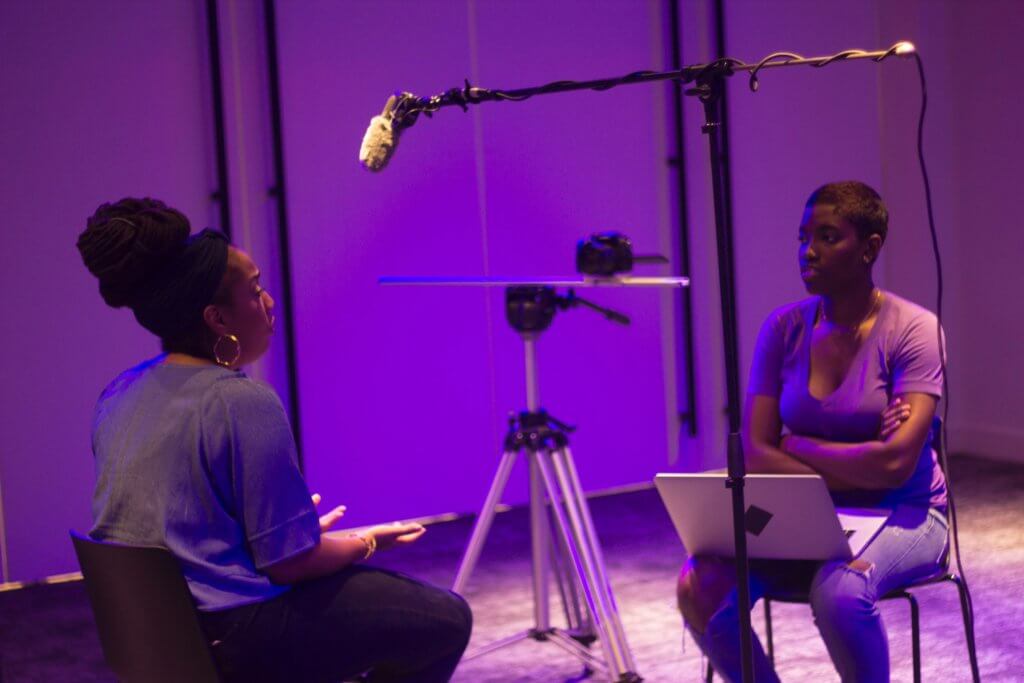
People who see the vision and have deemed this particular story important. And who are we to not give the people what they want?!
You can support this project via their Kickstarter

